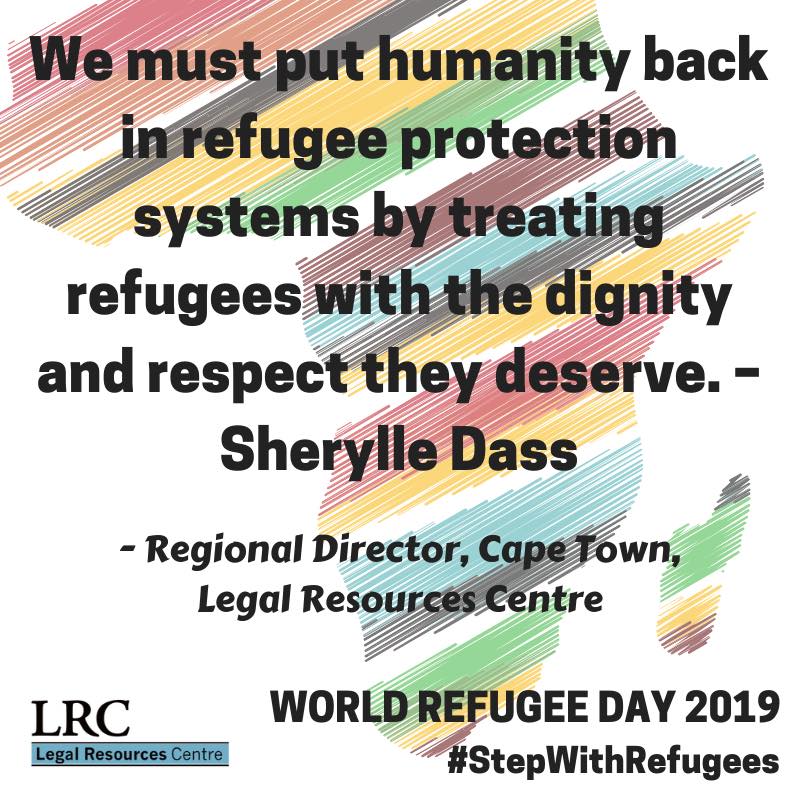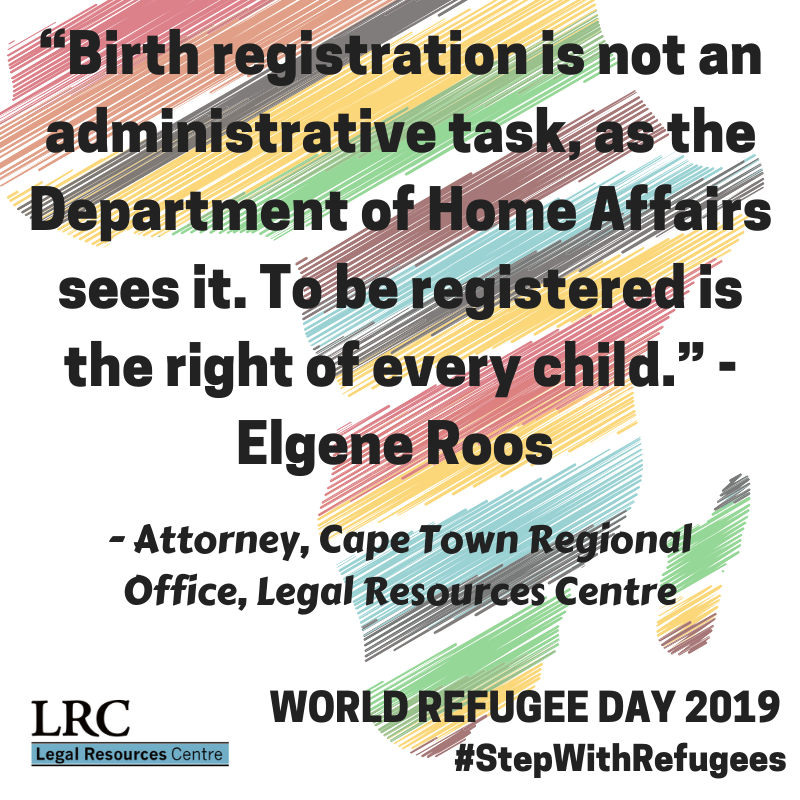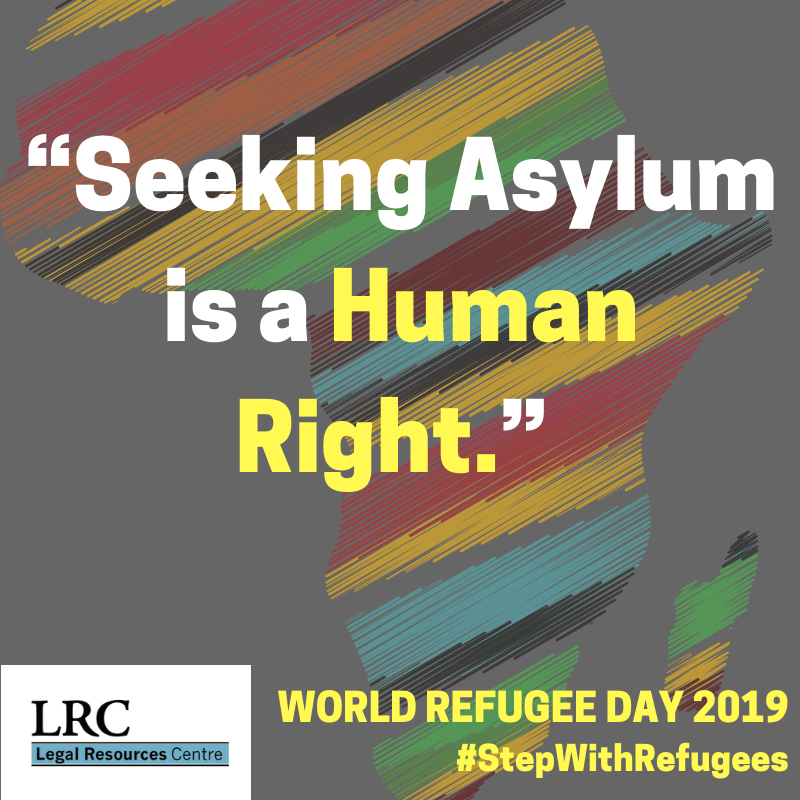Who we work for
On Thursday, June 20, World Refugee Day was recognized around the world as a show of solidarity with refugees. I was able to reach back into my prior marketing experience to help another intern with the LRC's social media plan for the week. She interviewed three lawyers in our office, and I helped her condense their words into brief, impactful statements that would be published on Facebook, Twitter, and Instagram. It was nice for me to be able to lean back on skills that have been mostly dormant since starting law school (even though only one of our quotes wound up being used in the end).
Just as we took a break to recognize the day, I'll take a break from what I usually talk about in my blogs to share some information about refugees and asylum seekers.
As I've mentioned before, the 1951 Refugee Convention is the foundation upon which the United Nations High Commissioner for Refugees works. One hundred and forty-five state parties have ratified/signed on to the convention and the associated 1967 Protocol. This means they adhere to the UN's definition of a refugee and follows the legal obligations to protect this vulnerable group.
The term "refugee" shall apply to any person who owing to well-founded fear of being persecuted for reasons of race, religion, nationality, membership of a particular social group or political opinion, is outside the country of his nationality and is unable or, owing to such fear, is unwilling to avail himself of the protection of that country; or who, not having a nationality and being outside the country of his former habitual residence as a result of such events, is unable or, owing to such fear, is unwilling to return to it.

By the end of 2018, there were almost 26 million refugees worldwide. This is the highest number ever recorded by the UN. Refugees make up just one of several categories of people forced to leave their homes, including asylum-seekers, internally displaced persons, stateless persons, and returnees. Together, these categories equal 70.8 million persons of concern to the UNHCR. People who were forcibly displaced due to persecution, conflict, violence, or human rights violations. This is staggering. Can you imagine? Relocating to a new place because your home is so unsafe, the better alternative is to leave almost everything you own behind and try your luck resettling in a foreign country. This resettling is meant to be temporary, but some countries remain so unstable, that to return home would be premature.

At this point, I have four weeks left at the LRC. I have some goals I would like to achieve as a way to fulfill my obligation to refugees. First, I started compiling a knowledge base of information for interns to use as new ones come on board that addresses commonly occurring issues they will encounter when doing duty. This way, they will not have to disrupt the lawyers and can more efficiently and effectively serve the LRC's clients. Second, I would like to eliminate the backlog of refugee claims that need to be researched so that clients can decide how to proceed with their cases. Finally, we still have clients who we haven't been able to reach to discuss their applications for permanent residence. If we can get in touch with them to at least start the next steps, I would feel better about handing them off to the interns joining us in July.
